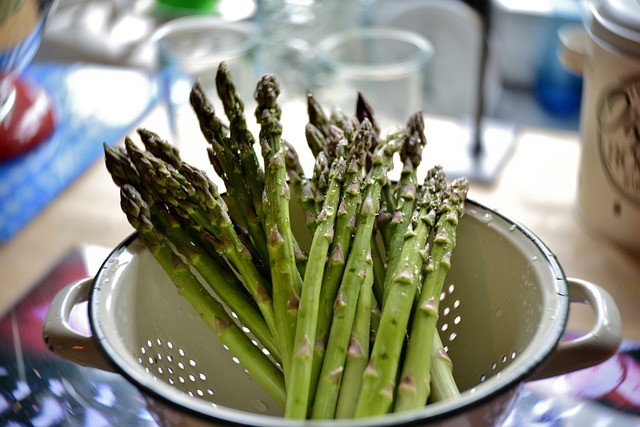
Nurturing Sustainable Food Supply: A Development Perspective
Nurturing Sustainable Food Supply: A Development Perspective
In a world increasingly aware of the environmental challenges we face, the concept of a sustainable food supply has never been more essential. As we strive for a better future, the need for a sustainable food system becomes intertwined with our overall development goals. It is imperative that we view this endeavor not just through an agricultural lens, but also through the perspectives of foundations, philanthropy, and our economy.
Foundations and Philanthropy
Philanthropic foundations have played a pivotal role in nurturing sustainable food supply initiatives across the globe. These organizations are crucial in funding research, supporting innovative agricultural practices, and promoting educational programs that emphasize food sustainability. By investing in local food systems and regenerative agricultural techniques, philanthropy enables communities to become self-sufficient while reducing their ecological footprints.
Moreover, these foundations help bridge the gap between knowledge and application—sharing best practices and resources with farmers, communities, and organizations dedicated to sustainable development. Such collaborative efforts empower local stakeholders and ensure that food supply systems are resilient and sustainable. The impact of these activities can be seen through ventures that promote social equity by supporting marginalized communities in their quest for food sovereignty.
Economy
The economic implications of a sustainable food supply extend far beyond merely producing food. A well-structured sustainable food system can create jobs, stimulate local economies, and enhance the livelihoods of farmers and workers. By investing in sustainable agriculture, communities can foster local markets, leading to reduced reliance on imported goods and a stronger local economy. This shift not only promotes better food security but also enhances community resilience in the face of economic shocks.
Furthermore, a sustainable food supply supports environmentally friendly practices that can mitigate climate change impacts. The promotion of sustainable agricultural practices—such as crop rotation, agroforestry, and organic farming—can enhance biodiversity and improve soil health. This creates a ripple effect: healthier ecosystems lead to better crop yields and, ultimately, a more sustainable economy where both people and the planet thrive.
As we continue to navigate the complexities of global development, the intertwined nature of philanthropy, economy, and sustainable food supply becomes ever clearer. The journey towards a sustainable future requires collective action from various stakeholders, underscoring the urgency of this vital cause.



